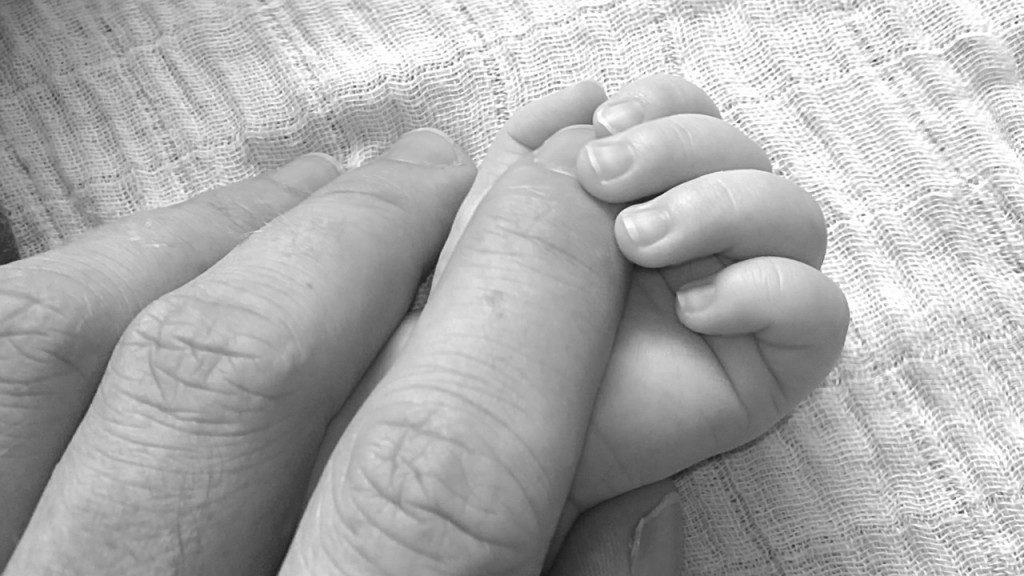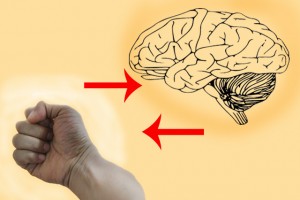Increasingly in my practice in Toronto’s Financial District, some of my “baby boomer” clients, roughly defined as individuals aged 51 to 69 years old (1), are noticing and wondering about the possible differences between them and “millennials,” roughly defined as individuals aged 18 to 34 years old (2). For example, do millennials and baby boomers have different perspectives on taking time off work for mental health, and/or on working overtime.
Coincidentally, I have also recently noticed 2 magazine articles related to these questions, so I have created this blog post to explore them a little further.
The first, Millennials at Work (2), suggests that in addition to money, millennials also assign high importance to workplace flexibility, being coached/mentored, and autonomy, as well as to collaboration with rather than competition between colleagues.
The second, Healthy Minds (3), cites an increased demand for mental health services at the University of Toronto (U of T), such as a tripling of mental health presenting as a disability at Accessibility Services, as well as a general increased rate of mental illness among university-aged individuals. Healthy Minds focuses on an October 2015 U of T report that included a list of recommendations to address mental health on campus, and that generally encouraged the whole university community to embrace support of students’ mental health needs. Among the recommendation themes were calls to:
- Promote prevention/resilience by promoting sleep, nutrition, exercise, social life, and strengths.
- Promote peer support.
- Locate counsellors right in day-to-day environments, so as to improve accessibility and confidentiality.
- Provide quick access to a psychiatrist if needed.
- Tap into community resources outside of the university, though the article points out that “’We do offer health services, but we do not see ourselves as health-care providers… We are an educational institution… We can’t do it all ourselves.”
In conclusion, perhaps the answer is yes, that millennials are different–that they are for example more aware of their mental health and resilience needs than previous generations. If so, then hopefully this translates into a healthier and happier future!!
Sources
- https://en.wikipedia.org/wiki/Baby_boomers (accessed 10Jan2016)
- http://www.financereference.com/learn/baby-boomer (accessible link)
- Millennials at Work (https://www.cultureamp.com/zine/010-millennials.html), in CareerWise 22Dec2015 (https://contactpoint.ca/careerwisesecure/2015/12/employability-vs-employment-millenials-at-work-employment-challenges-for-syrian-refugees/) cited in CERIC (Canadian Education and Research Institute for Counselling) email 22Dec2015.
- U of T Magazine, Winter 2016, pp.26-31, Healthy Minds: As U of T responds to a rise in mental health needs on campus, a powerful source of help emerges: students themselves. By Cynthia Macdonald.
Trudi Wyatt, MA, RP, CCC is a Registered Psychotherapist and Canadian Certified Counsellor in Private Practice in downtown Toronto. She has been practising for almost 7 years and currently works with individual adults on a variety of life challenges such as depression, anxiety, anger, trauma issues, and career choices.
*The views expressed by our authors are personal opinions and do not necessarily reflect the views of the CCPA





